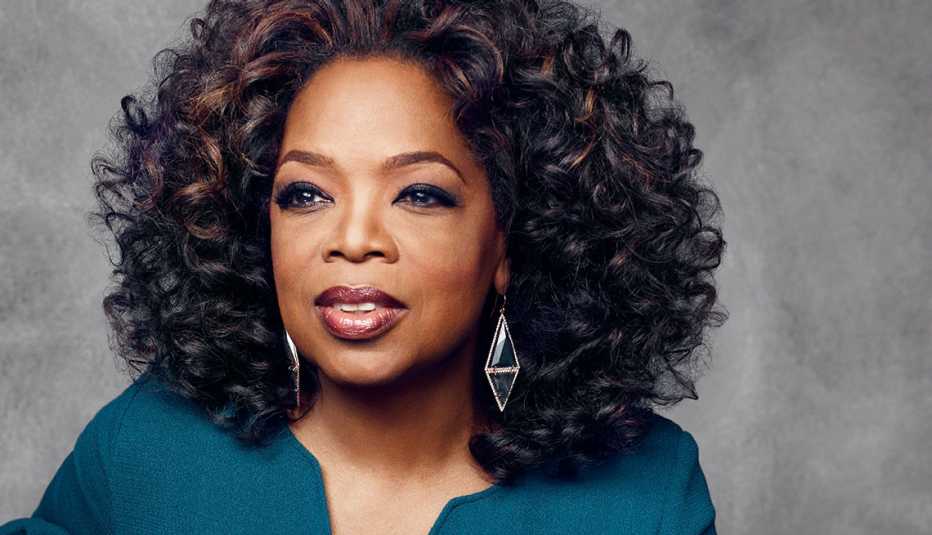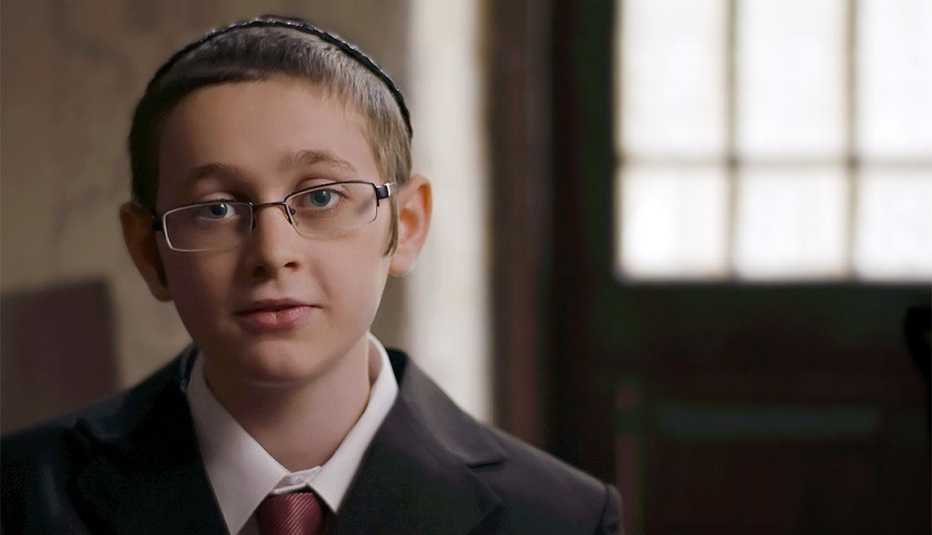AARP Hearing Center


Oprah Winfrey has relied on her faith through a lifetime of challenges, from surviving child abuse and an early pregnancy to dealing with the vagaries of a media career that eventually made her one of the most recognizable names and faces on the planet.
Born into poverty in rural Mississippi, she became the host of the highest-rated television talk show in history, a movie producer and Oscar-nominated actress — and, according to Forbes magazine, the world's most highly paid entertainer. In 2011, she walked away from the nationally syndicated talk show that had helped her grow a net worth estimated at $3 billion to found a television channel, the Oprah Winfrey Network (OWN), which grappled to find viewers in a crowded media marketplace.
"Every story about OWN was that it was struggling," she recalls. "I literally had a come-to-Jesus meeting with myself to say, 'Lord, what would you have me do?' What I know for sure is that the only way to hold onto yourself is through a spiritual base — otherwise you lose it."
After asking for guidance, she says, she was steered by her own strong, intuitive spirit to make changes that led to consistently higher ratings.
The search for a spiritual connection among people around the world is the focus of a seven-part series, Belief, that will air on OWN Oct. 18-24. Winfrey narrates the series, which she said is an effort to "connect the dots of every heart's yearning for something greater than ourselves."
Winfrey sat down with the AARP Bulletin recently at her spacious new OWN headquarters at the Lot studios complex off Santa Monica Boulevard in West Hollywood to discuss the new Belief series and her own spiritual journey.
(What follows has been condensed and edited.)
Q: What is this project about?
A: I set out to really build this universe of interfaith connectedness, where people could see that other people in different parts of the world are very much like them. Although they might have a different word for the yearning of the heart and the yearning of the spirit that is looking for what I call "God," it still is the same thing. It is the heart's yearning to know the origin of its mystery. It's a heart's yearning to know the power of the divine in each of our lives. It's a heart's yearning to be connected to that.
Q: Have you always been a spiritual person?
A: I hear people say all the time, "I'm not really religious, but I consider myself spiritual." I definitely have always been spiritual, being raised by my grandmother on that little acre in Mississippi, indoctrinated, born into the church and the ways of the church.






























































More on Entertainment
What to Watch on TV and at the Movies This Week
See ‘Yellowstone,’ ‘A Haunting in Venice,’ ‘The Super Models’ and more